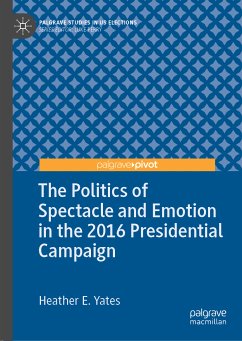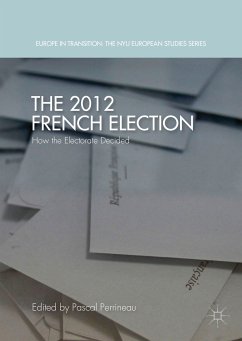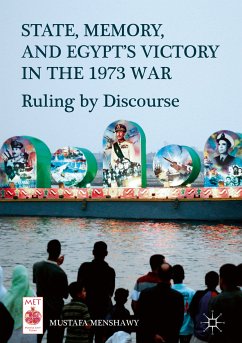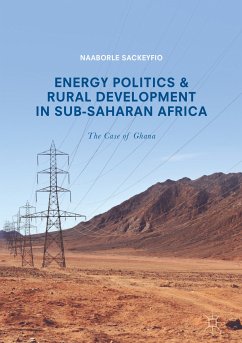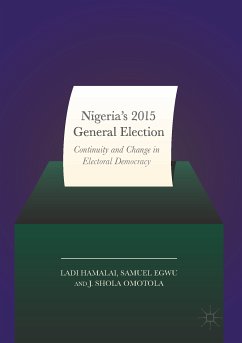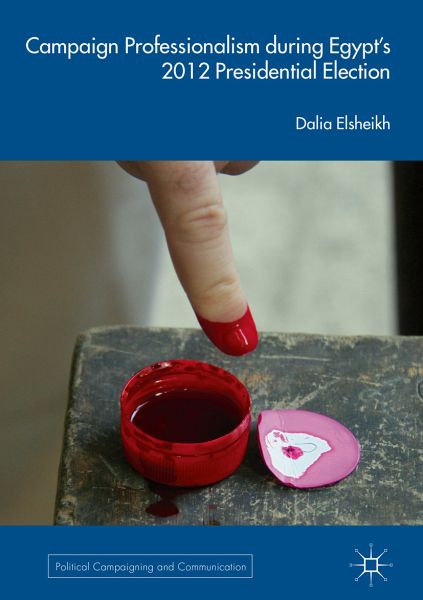
Campaign Professionalism during Egypt's 2012 Presidential Election (eBook, PDF)
Versandkostenfrei!
Sofort per Download lieferbar
72,95 €
inkl. MwSt.
Weitere Ausgaben:

PAYBACK Punkte
36 °P sammeln!
This book presents the first analytical study of the levels of professionalism of campaigns in the 2012 Egyptian presidential elections. It considers the extent to which the election was professionalised and how far the levels of professionalism impacted the democratisation process of Egypt. It provides the story of the five main campaigns by applying the professionalisation index to analyse their structures (hardware) and strategies (software). The book also evaluates the application of the professionalization index to nascent democracies, and the impact of campaign professionalism on such de...
This book presents the first analytical study of the levels of professionalism of campaigns in the 2012 Egyptian presidential elections. It considers the extent to which the election was professionalised and how far the levels of professionalism impacted the democratisation process of Egypt. It provides the story of the five main campaigns by applying the professionalisation index to analyse their structures (hardware) and strategies (software). The book also evaluates the application of the professionalization index to nascent democracies, and the impact of campaign professionalism on such democracies. The book encourages further studies within similar fragile democratic systems as well as offering campaigners practical guidance when approaching future elections.
Dieser Download kann aus rechtlichen Gründen nur mit Rechnungsadresse in A, B, BG, CY, CZ, D, DK, EW, E, FIN, F, GR, HR, H, IRL, I, LT, L, LR, M, NL, PL, P, R, S, SLO, SK ausgeliefert werden.



